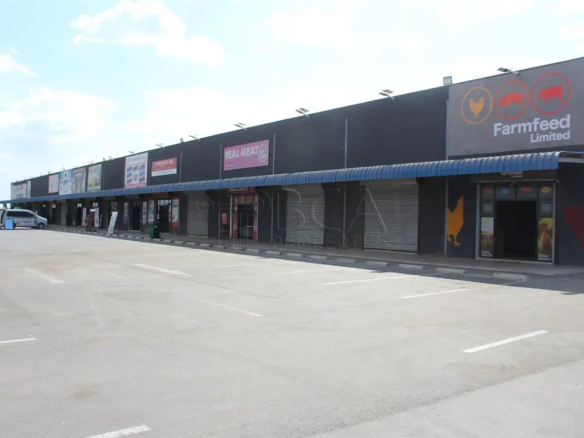How Much Should You Spend on Rent in Zambia
Determining the Ideal Rent Budget: Factors to Consider
Deciding how much to spend on rent is one of the most important financial choices you’ll make, especially if you live in an urban area. There’s no single figure that works for everyone. Your ideal rent budget depends on income, lifestyle, existing commitments, and the type of property you’re looking for.
In Zambia, high mortgage interest rates and rising construction costs mean that renting remains the preferred option for many people. According to the Centre for Affordable Housing Finance Africa (CAHF), more than 60 per cent of urban residents rent rather than own their homes*. This strong demand has made rental properties in certain price ranges highly competitive.
Before you start viewing properties, it’s important to answer one key question: how much rent can you realistically afford without placing pressure on your monthly finances?
What Percentage of Your Income Should Go Towards Rent?
A common starting point is to allocate between 20 and 30 per cent of your gross monthly income towards rent. This isn’t a fixed rule, but a guideline used by tenants, landlords, and property managers to assess affordability.
Around 20 per cent is often suitable for people who prioritise saving, investing, or keeping living costs low. The trade-off may be fewer options in prime locations.
Around 30 per cent is widely considered the most balanced range. It allows for better location and property choices whilst remaining manageable for most households.
40 per cent or more is usually viewed as high risk. At this level, landlords and property managers may be reluctant to approve a tenancy, as any income disruption could lead to payment difficulties.
For example, if you earn ZMW 15,000 per month, a rent budget of ZMW 3,000 to ZMW 4,500 would fall within the recommended range. Whilst high-income earners may comfortably exceed these ranges, most tenants find that staying close to the 30 per cent mark offers the best balance between comfort and financial stability.
Other Costs That Affect Your Rent Budget
Rent should never be assessed in isolation. Several additional costs can significantly affect how affordable a property really is.
1. Monthly Utility Costs
Utilities are often overlooked when budgeting for rent. These may include:
- Electricity
- Water supply
- Waste collection
- Security or estate fees
Some properties, particularly apartments or homes within small complexes, may include water or waste management in the rent. Standalone houses usually don’t. Utility costs can also vary by location and usage habits, so it’s important to ask what’s included before committing to a property.
Always factor utilities into your total monthly housing cost rather than focusing on rent alone.
2. Other Monthly Expenses
Your rent budget should reflect your full financial picture. In addition to utilities, consider:
- Transport and fuel costs
- Internet and mobile data
- Loan or credit repayments
- School fees
- General maintenance and household costs
- Personal expenses such as entertainment
- Savings and emergency funds
Ignoring these commitments can leave you stretched, even if the rent itself appears affordable.
Why Setting a Rent Limit Matters
Knowing your maximum rent before you begin your search helps prevent financial stress later. Without clear limits, it’s easy to commit to a property that looks appealing but strains your budget over time.
When working with an estate agent, be clear about your comfortable rent range, not just the maximum amount you could possibly pay. This allows your agent to recommend suitable properties and avoids wasted viewings.
Finding the Right Rental Property
Calculating how much to spend on rent doesn’t need to be complicated. Start with your income, apply a sensible percentage, then adjust based on utilities and other monthly commitments. A well-planned rent budget gives you flexibility, stability, and peace of mind.
If you’re looking for rental properties in Lusaka or need guidance on what’s available within your budget, we can help you navigate the process from search to signing. Browse available rentals or speak to us about your requirements here: https://bcaproperties.com/contact-us/
*Source: Centre for Affordable Housing Finance Africa (CAHF)




